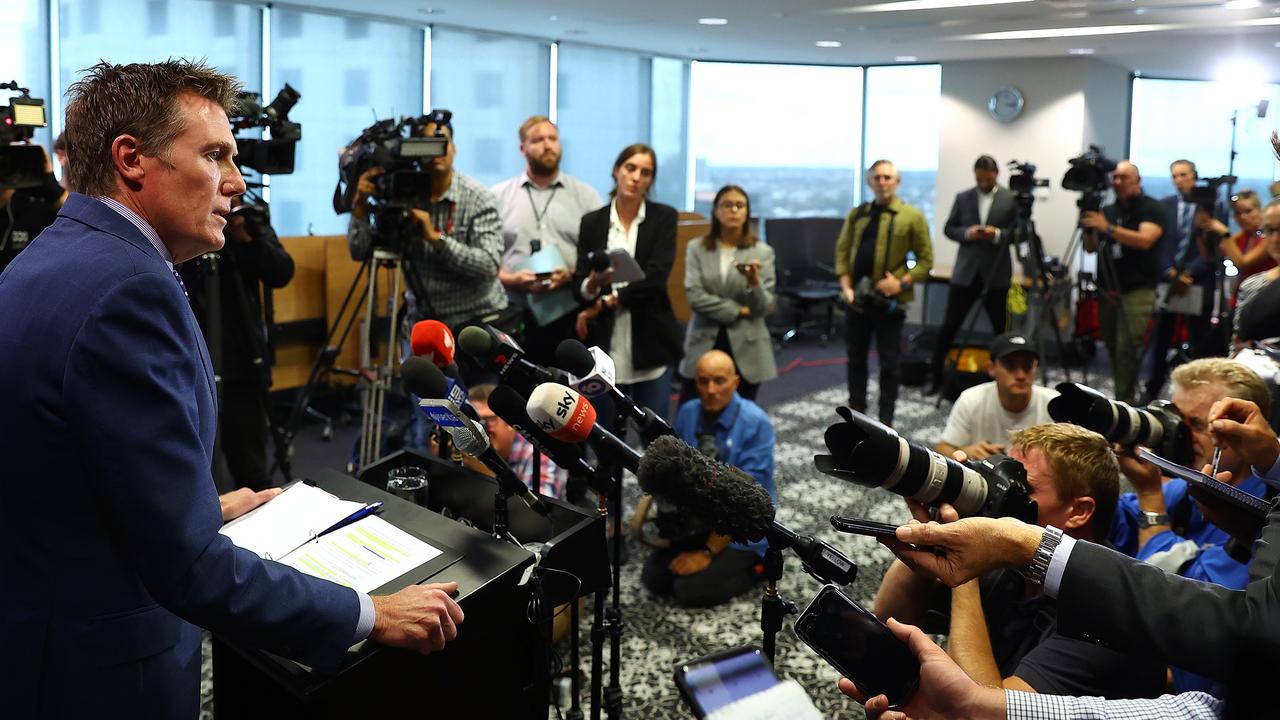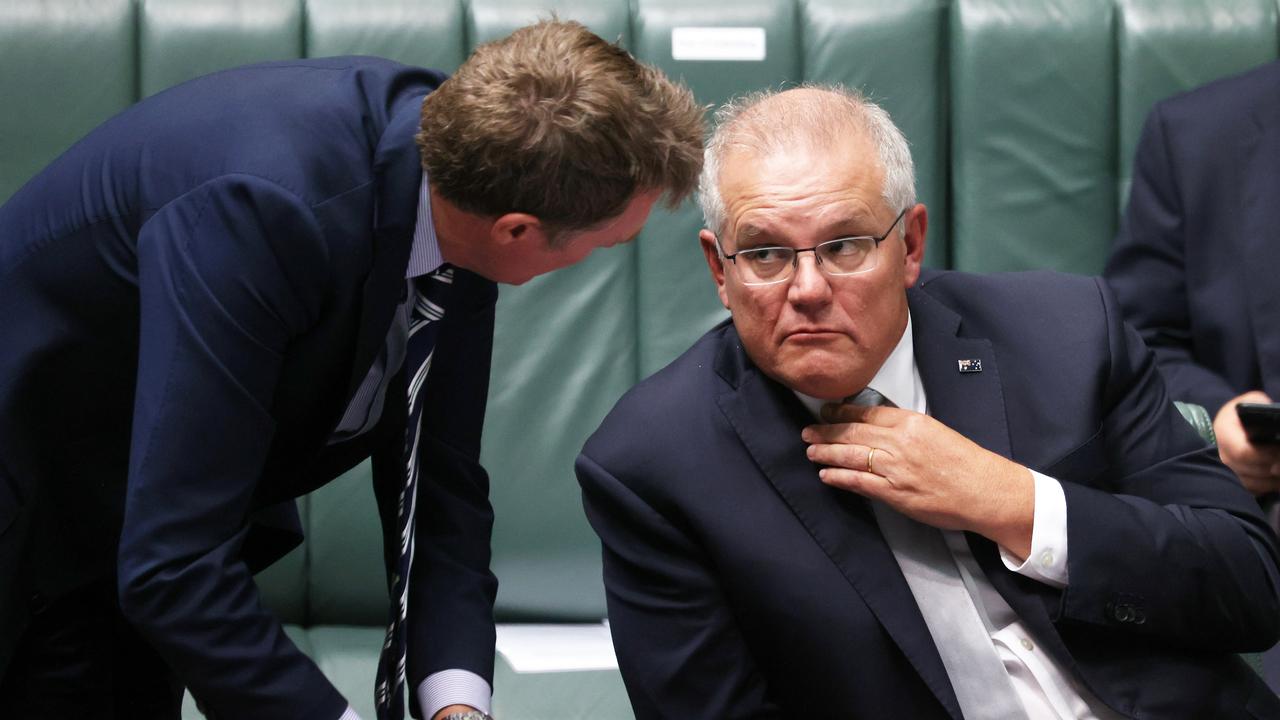A coronial inquest into death of Christian Porter’s accuser is the only way forward
A coronial inquest should be held into the death of a woman who accused Attorney-General Christian Porter of rape, to get to the bottom of two crucial issues.
Australia’s justice system has failed the Attorney-General Christian Porter, his accuser and their families.
This is through no fault of the Attorney-General. It is also not the fault of the woman’s family.
It is a consequence of the untimely death of the 49-year-old complainant.
Some suggest that the best response is to establish a quasi judicial parliamentary inquiry to consider the rape allegation denied by Mr Porter, to air the grievances of all sides.
But critics are right to observe that this would set a bad precedent.
In what jurisdiction around the world has a Parliament established a parallel justice system to make findings about a criminal matter with a dead chief witness for the prosecution?
How would this work? What would be the evidentiary tests? What would be the consequences? What other criminal allegations would Parliament start prosecuting next?
Would it only be for politicians and allegations previously made by dead people? Or does it represent a new US-style confirmation hearing into the current and future Attorney-Generals?
There is an alternative. The answer is a coronial inquest into the death of Mr Porter’s accuser. This is an option her family supports.
Let’s consider what makes this case so unique and perhaps impossible to resolve.
RELATED: Family of woman who accused Christian Porter of rape support inquiry

Firstly, the complainant is dead. As a result, the NSW police say there’s not enough admissible evidence to launch an investigation, let alone a prosecution.
Earlier this week, the NSW police declared “case closed”.
Some journalists have rushed to suggest that as a result Mr Porter has been “cleared” but sadly and entirely unfairly for Mr Porter, this is not what has occurred.
Since there was never any police investigation – the Attorney-General has never been interviewed police – there was never anything to be cleared of.
Is this what journalists think constitutes police procedure these days?
The coppers don’t even ask you if you’ve done it but if the alleged victim dies it’s “case closed” and you’re “cleared” on the 6pm news?
If so, we have bigger problems in Australian journalism and basic reading comprehension than we realised.
Of course, the police are entirely within their rights not to proceed.
They explained the reasons why on Thursday including the fact that the distressed woman rang them in June to withdraw her complaint, cut her hair to replicate the Louise Brooks style bob she had in 1988 and died by suicide in her backyard.
With her dead, the NSW police understandably don’t think there’s any chance of laying charges, let alone getting them to court.
RELATED: NSW Police reveal Porter accuser asked to drop complaint before taking her own life
Meanwhile, the Prime Minister was also entirely correct not to show the Attorney-General the anonymous letter outlining the woman’s claims in an unsworn affidavit she prepared with her lawyer Michael Bradley.
It would be entirely improper to show the accused person the witness statement of the complainant before he is interviewed by police
What that also means of course is that Mr Porter has never been asked to provide a sworn statement on the matter or give evidence in a witness box.
He should be given that opportunity.
Given his reputation has been sullied and he has been denied the chance to properly clear his name as a result of the unique circumstances of this case he should be afforded that opportunity.
Mr Porter should be called to give evidence at an SA coronial inquest, not in front of what has been described as a “baying pack” of journalists in Perth, who peppered him with questions before he walked out on Wednesday.
The Attorney-General has complained he has been subjected to trial by the media. It’s time to let the coronial system do its job.

The SA coroner should call an inquest into the death of his accuser.
This should probe two critical issues.
One, the decision to release her from a Melbourne psychiatric institution to “quarantine” at home for two weeks after a bout of PTSD before her suicide, and two, the circumstances of her decision to ring police to suspend the investigation just days before her death.
The Attorney-General deserves the right to clear his name, in the witness box, in sworn evidence.
Given he has already explained that “nothing happened” on the night in question, this is an opportunity to restore his reputation and good name.
Comparisons have also been made with Bill Shorten who was investigated by Victoria Police for an alleged rape that was said to have occurred when he was a teenager. Months later Victoria Police announced there was no prospect of a conviction and no charges would be laid. Mr Shorten then identified himself as the target of the “untrue, abhorrent” allegations.
But the comparison is flawed. Mr Shorten was the subject of a 10 month police investigation, submitted voluntarily to a police interview. He never invoked his right to silence. Many alleged witnesses were interviewed.
That cannot happen in this case, because the accuser is dead. Mr Porter has never been interviewed by police.




